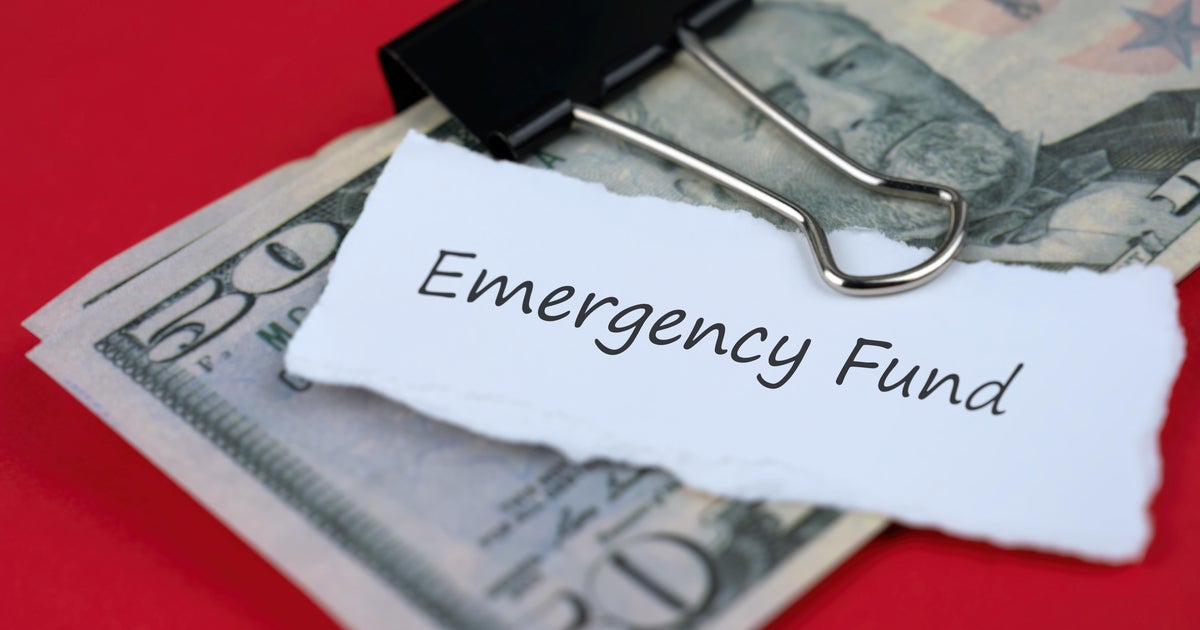
Most Americans can't afford a $1,000 emergency expense, report finds
CBSN
Whether it's a busted refrigerator, car trouble or medical issues, unexpected costs are a part of life. But even such routine curveballs often spell serious financial trouble for many Americans. Open a savings account just for emergencies. Opening an online savings account, money market account, money market mutual fund or a separate savings account with your existing bank or credit union can help you save for unexpected emergencies. Make a budget — and stick to it. Establish guardrails around your spending habits by putting a budget in place that allows you to start saving or stash more money away. Keep it as a reminder to help you develop good habits. If you're new to saving, Bankrate Chief Financial Analyst Greg McBride recommends setting up an automatic transfer of money from your checking account into a dedicated savings account to help you get started.
That's according to a new Bankrate report that surveyed more than 1,000 U.S. adults about their ability to handle a surprise bill. Despite the country's current low unemployment rate, the annual study found that 59% of Americans in 2025 don't have enough savings to cover an unexpected $1,000 emergency expense. "Automating the savings is the key to making it happen," McBride said in the report.
"We are essentially a paycheck-to-paycheck nation," Bankrate Senior Economic Analyst Mark Hamrick said in a statement. "Fewer Americans have the equivalent of a financial safety net to cover inevitable unexpected expenses, despite low unemployment and steady growth. This is one of the consequences of elevated prices stemming from inflation, the impacts of which are still being felt."
